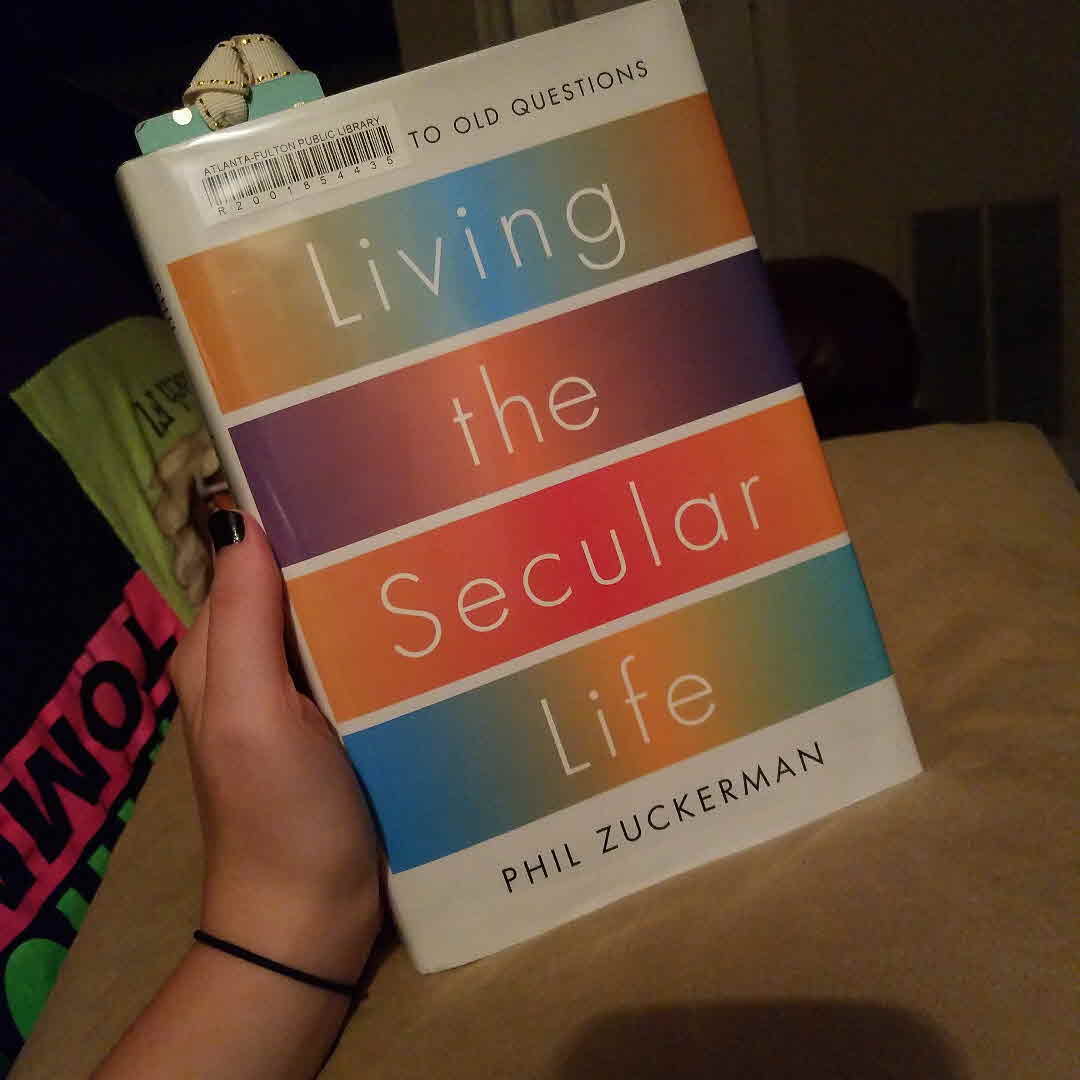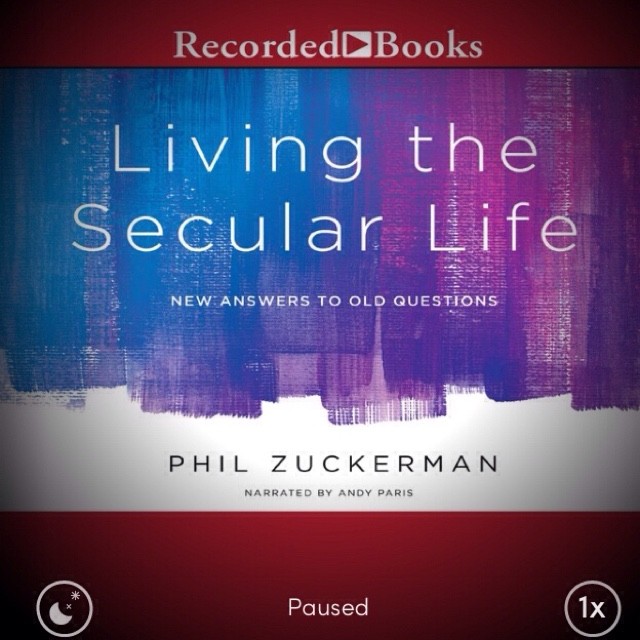
Happy Fourth of July! I'm thankful to live in a country where I can not only express my non-beliefs, but I can read about them too!
2 likes1 stack add

Happy Fourth of July! I'm thankful to live in a country where I can not only express my non-beliefs, but I can read about them too!

I have mixed feelings. It provides helpful insights to secular beliefs/values & has some good arguments. However, some research seems cherry picked or devoid of context. At times, the tone is condescending to those who are religious. A valuable topic, but I did not appreciate the execution.